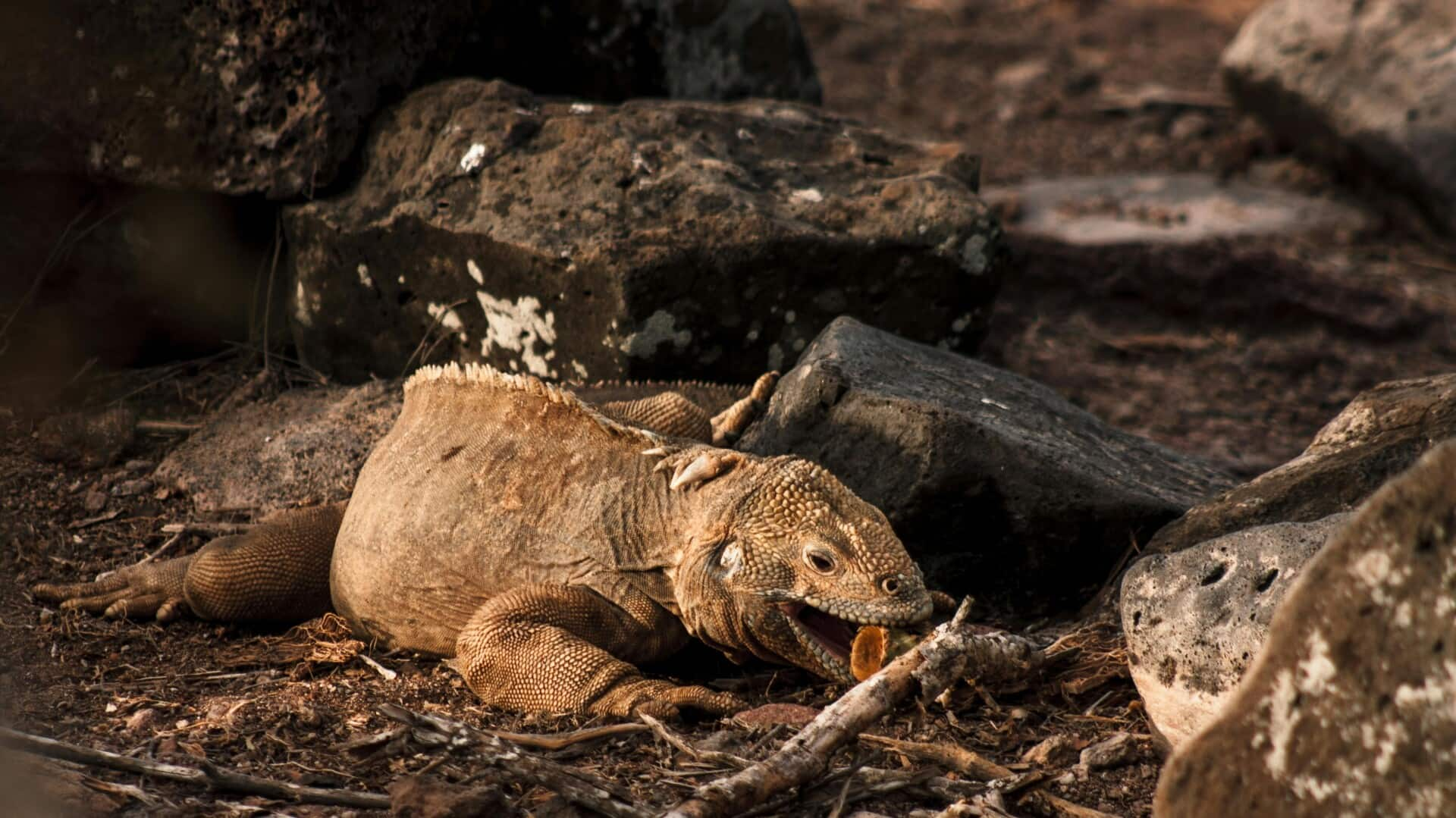
Galapagos Islands expedition: Encounter Ecuador's unique wildlife
What's the story
The Galapagos Islands, off the coast of Ecuador, offer a unique chance to witness the world's most diverse and unique wildlife.
This volcanic archipelago is renowned for its endemic species that inspired Darwin's theory of evolution.
An expedition here promises close encounters with fascinating creatures in their natural habitat, making it an essential destination for nature lovers and adventure seekers.
Tortoise trails
Walk among giant tortoises
The Galapagos Islands are renowned for their iconic giant tortoises.
Visiting reserves like the Charles Darwin Research Station on Santa Cruz Island allows close observation of these gentle giants.
These conservation centers offer insights into ongoing preservation efforts.
Walking among these ancient creatures in their natural environment fosters a profound, humbling connection with nature that is both unforgettable and deeply moving.
Underwater adventure
Snorkel with playful sea lions
Snorkeling in the crystal-clear waters surrounding the islands gives you a chance to swim alongside playful sea lions, colorful fish, and even sea turtles.
Places like Kicker Rock off San Cristobal Island or Devil's Crown near Floreana Island are renowned snorkeling spots where the biodiversity beneath the waves is simply astonishing.
This underwater adventure reveals a vibrant world teeming with life.
Avian wonders
Bird-watching extravaganza
Bird enthusiasts will find paradise in the Galapagos Islands, where species such as blue-footed boobies, magnificent frigatebirds, and flightless cormorants can be spotted.
The island of Espanola is particularly famous for its albatross colony—the only place in the world where these majestic birds can be seen during breeding season.
Each island has its own set of avian inhabitants, making every stop an exciting discovery.
Volcanic landscapes
Explore lava formations
The Galapagos Islands' volcanic landscapes are a marvel. Visitors can explore Santa Cruz's lava tunnels or hike Sierra Negra Volcano on Isabela Island.
These experiences not only offer stunning views but also insight into the islands' formation.
Understanding the role of volcanic activity in creating this unique ecosystem enriches any expedition, emphasizing nature's dominance and the need for conservation.